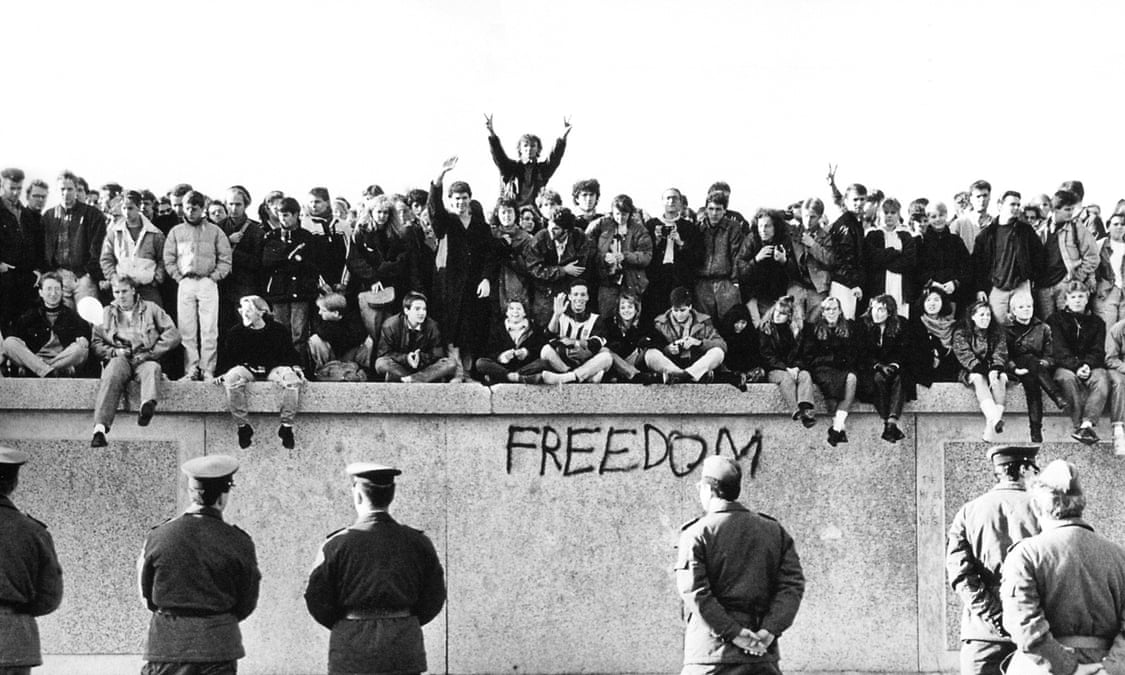Radio, television, computers, mobile phones, the Internet… It’s the era of the machines! We live in a fast-changing world – there’s no doubt about that. But has it always been this way? And how do people manage to survive? This post will look at the power of generations and how they influence all of us.

People like to say that knowledge is passed from generation to generation both through direct learning (e.g., apprentice watching and listening to his master) and indirect learning (e.g., reading books). But what is a “generation”? Well, it means a cohort of people who are born and live at the same time period. In order to make things a bit easier to understand, let’s have a look at some examples of these time periods, specifically for the last 70 years or so. The generation nicknamed “baby boomers” encompasses all those people who were born in the immediate post-World War II era: mid 40s until the mid 60s. Its name comes from the sudden increase in births worldwide, following a recovery period from the aftermath of the war where millions of lives were lost. Knowing that the terror of war is over, individuals were able to reproduce in greater quantities. “Baby boomers” found themselves in the centre of a weakened world. Thus, they are often described as the mass of people who initiated social change and who helped shape the political landscape of many countries.

Moving on, we have “Generation X” – all those who were born between the mid 60s and the early 80s. Now, this is a very interesting generation due to the fact that these individuals have grown up in the Cold War period and it’s difficult to describe them in a unique way. While some were raised under a totalitarian regime (similar to the one in George Orwell’s novel “1984”), others thrived in a capitalist environment. Whatever their background, people from “Generation X” witnessed the fall of the Berlin Wall in 1989 – the event that united the world and opened the gates to democracy and globalisation. The “X” in the name is there because it illustrates the “unknown” in this generation. People had to cope and adapt with their talents, skills and make use of every opportunity. They were the initiators of rebellions against regimes and not afraid to become entrepreneurs in unfamiliar businesses. Following 1989, they wanted to belong to a shared membership and to have common beliefs about the world. They travelled, they migrated and they settled, all the while preserving their strong coping strategies and ambitious goals.

This leads us to “Generation Y” – those born between the early 80s and late 90s (including me!). It’s also known as the “Millenials” as all these people witnessed the transition to a whole new millenium of scientific advances. These are the children of the transition. Although some of them may not have been born when the Berlin Wall fell, they have felt the slow passage to a hopefully more democratic stability, where the focus of the world has shifted from war conflict resolution to environment, industry, science, spiritual development, education, strengthening the European Union, new safety policies and human rights. The “Millenials” have grown up with a lot more technology that their parents and grandparents have never been exposed to. This sometimes creates situations where young people take things for granted while older generations will be ruminating about the efforts they would have put. “Why should I do it when I can pay for a man or machine to do it for me?” – this is the typical philosophy of the new thinker which symbolises the rise of machines and people’s dependence on them.

And now we finally reach “Generation Z“. It encompasses anyone born between the late 90s and the present day: pretty much any baby or teenager that you see in the street nowadays. Some refer to this one as “the Internet generation” whereby the virtual global network has taken over so many social areas of their lives that it has created almost an addiction. Researchers say that people from “Generation Z” are more likely to have friends from mixed races and cultural and religious backgrounds. They embrace the equality and diversity of nations and feel united with the world, regardless of whether they watch a football match from the World Cup or express their sympathy for the lost lives as a result of modern terrorism. And because of the Internet, communication is much faster, which, some people state, starts creating a social gap between them and older generations.

So many generations shaped by so many political and social events!… In answer to my first question at the beginning – no, things have not always changed so fast throughout the last century and external events (such as the recent rise of technology) are mainly responsible for that. Generations survive because they adapt to their surroundings – it’s Darwin’s theory of evolution! And the knowledge how to adapt is taught to the people who are yet to come. That’s how it’s always been and how it will always be! And which generation are you from?

